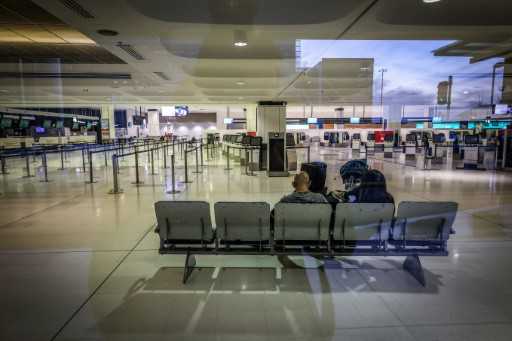Australia sees first population drop since World War I
18 March, 2021

Australia's population possesses declined for the very first time in greater than a century as pandemic-induced border closures stemmed the circulation of overseas migrants, according to figures released Thursday.
The Australian Bureau of Statistics said the population grew by significantly less than one percent in the year to September 2020, and also declined in the last recorded quarter.
"The last period we found population decline was the entire year to December 1916, during World War I," explained the bureau's demography director, Phil Browning.
For centuries, Australia's economical progress has been built on mining and agriculture and fueled by several waves of mass migration from Europe, Asia and beyond.
But the country, the world's major island with only 25.7 million persons, effectively sealed itself off from the rest of the world in the beginning of the Covid-19 pandemic.
The measures -- in conjunction with aggressive coronavirus testing, tracing and snap lockdowns -- have limited COVID-19 infections and allowed the economy to open up with limited restrictions.
"Decreases to abroad migration have already been observed during the last several quarters," Browning said. "Because of this latest quarter, the decrease had not been outweighed by natural rise causing a little decline in population."
Net overseas migration stood at 85,100 on the year to September, much fewer than the quantity of travelers who typically arrive to Australia each week.
Australia's economy shrunk 1.1 percent in 2020, but appears set to grow strongly in the primary half of 2021.
On Thursday, the Bureau of Statistics reported the unemployment fee fell to 5.8 percent in February, pointing to a better-than-expected recovery.
The number of men and women employed was now above 13 million, higher than levels seen at the outset of the pandemic in March 2020.
Prime Minister Scott Morrison hailed the "comeback", saying: "There are more jobs now than when the recession began."
Source: japantoday.com
TAG(s):
